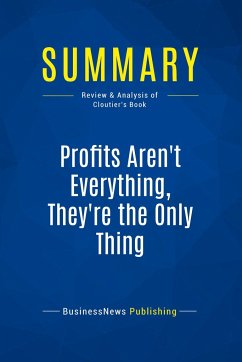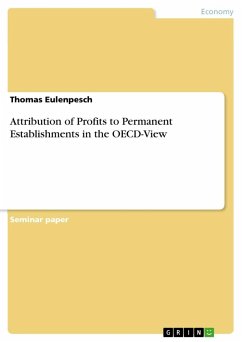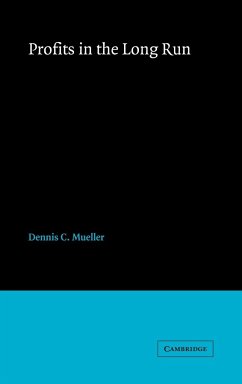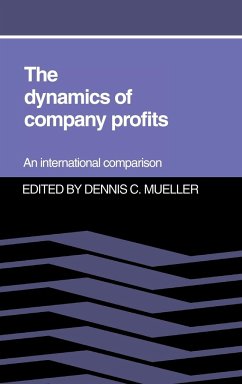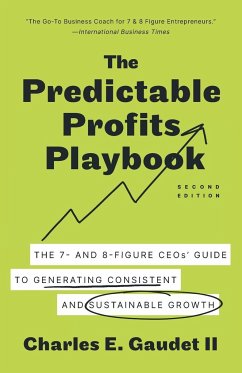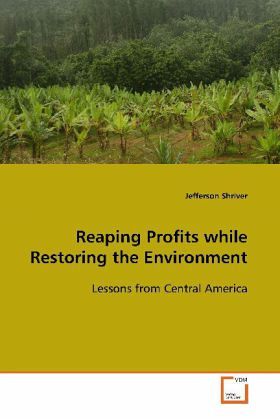
Reaping Profits while Restoring the Environment
Lessons from Central America
Versandkostenfrei!
Versandfertig in 6-10 Tagen
32,99 €
inkl. MwSt.

PAYBACK Punkte
16 °P sammeln!
More forests have been destroyed globally in the last fifty years than in the previous five hundred years. Pesticide over-use in modern agriculture is causing long-term contamination of the soil, food chain, water table, and wildlife, and endangers the health of the end consumer. Both contribute to a crisis of living systems amongst the poor who depend on natural resources for survival. What is at stake for our species if all but a few islands of forests eventually fall and planetary biodiversity plummets? Are there viable ways to sustain and even make more abundant natural resources, while al...
More forests have been destroyed globally in the
last fifty years than in the previous five hundred
years. Pesticide over-use in modern agriculture is
causing long-term contamination of the soil, food
chain, water table, and wildlife, and endangers the
health of the end consumer. Both contribute to a
crisis of living systems amongst the poor who depend
on natural resources for survival. What is at stake
for our species if all but a few islands of forests
eventually fall and planetary biodiversity
plummets? Are there viable ways to sustain and
even make more abundant natural resources, while
also making humans more prosperous? Using rural
Central America as a focus region with specific case
studies in Nicaragua, this book defines a framework
for Payment for Environmental Services (PES) and
points to specific examples of PES in watershed
services, organic agriculture and agroforestry,
community-based ecotourism, and small business
initiatives in a protected area. This book is
intended for all those concerned with both poverty
alleviation and environmental protection, and
searching for common ground between the two.
last fifty years than in the previous five hundred
years. Pesticide over-use in modern agriculture is
causing long-term contamination of the soil, food
chain, water table, and wildlife, and endangers the
health of the end consumer. Both contribute to a
crisis of living systems amongst the poor who depend
on natural resources for survival. What is at stake
for our species if all but a few islands of forests
eventually fall and planetary biodiversity
plummets? Are there viable ways to sustain and
even make more abundant natural resources, while
also making humans more prosperous? Using rural
Central America as a focus region with specific case
studies in Nicaragua, this book defines a framework
for Payment for Environmental Services (PES) and
points to specific examples of PES in watershed
services, organic agriculture and agroforestry,
community-based ecotourism, and small business
initiatives in a protected area. This book is
intended for all those concerned with both poverty
alleviation and environmental protection, and
searching for common ground between the two.




